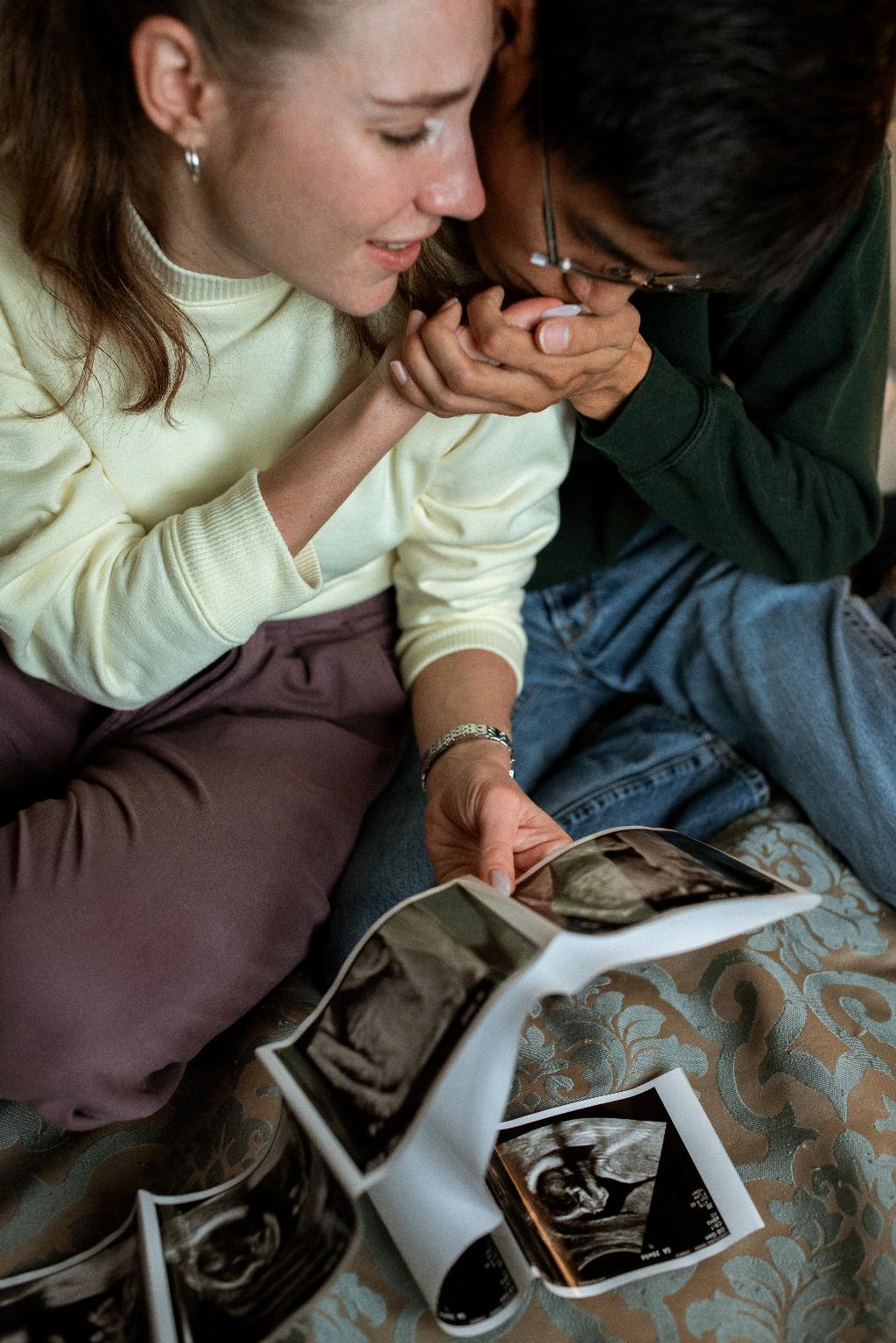When it comes to the changes your body undergoes during pregnancy, one of the earliest signs that might clue you in is breast tenderness. Being aware of what to expect can help you navigate this exciting and sometimes overwhelming time. So, let’s dive into what you might feel when you’re expecting.
Early Signs of Pregnancy
According to the National Institute of Child Health and Human Development, breast tenderness is commonly experienced by pregnant individuals. This means your breasts may become sore, heavy, or tingly pretty early on, typically as soon as 1 to 2 weeks after conception. The sudden sensitivity might catch you off guard, but it’s completely normal.
Changes in Sensation
During pregnancy, you may notice changes in the way your breasts feel. They might feel fuller and heavier than usual due to increased blood flow and hormonal changes. You could also experience a tingling sensation or sensitivity in your nipples, which might make them painful to touch. This can be attributed to the hormonal shifts occurring in your body.
Enhanced Sensitivity
It’s not uncommon for pregnant individuals to have heightened sensitivity in their breasts. You might find that even the slightest touch causes discomfort or pain. This increased sensitivity is a result of the increased levels of hormones, particularly estrogen and progesterone, circulating in your body during pregnancy.
Veins and Darkening Areolas
As your pregnancy progresses, you may notice the appearance of more prominent veins on your breasts. This is due to increased blood flow to the area to support the growth of your mammary glands and ducts. Additionally, your areolas might darken in color and become larger, which is a common change during pregnancy.
Changes in Breast Size
Another common occurrence during pregnancy is an increase in breast size. Your breasts may grow in preparation for lactation and breastfeeding. This growth can contribute to feelings of heaviness and discomfort, but it’s a normal part of the physiological changes your body goes through to support a healthy pregnancy.

